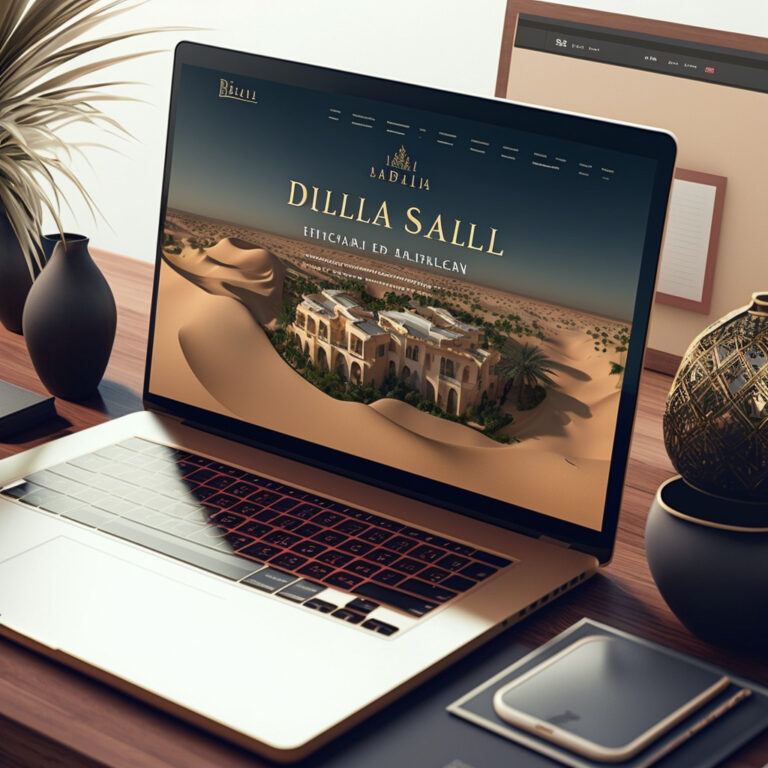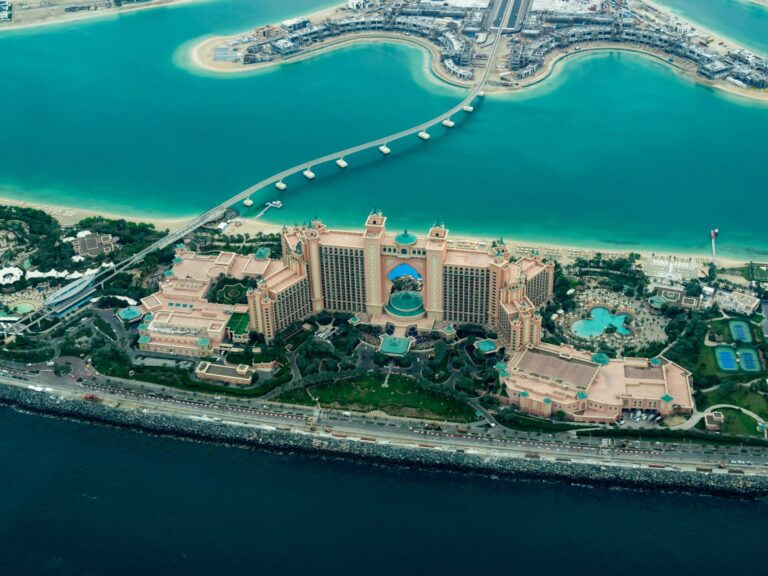Dubai, known for its architectural marvels and luxurious lifestyle, has been eagerly awaiting Expo...
Invest
To start an e-commerce business in Dubai, you will need to obtain a trade...
Dubai has become a hub for businesses looking to establish themselves in the Middle...
If you’re interested in buying or renting property in Dubai, working with a real...
Dubai is a vibrant and rapidly growing city that has attracted investors from around...
Dubai is known for its luxurious lifestyle and stunning architecture, but it’s also a...
Dubai is a city that offers many opportunities for expats to invest in property....
Learn the ins and outs of buying a property in Dubai with this comprehensive...













